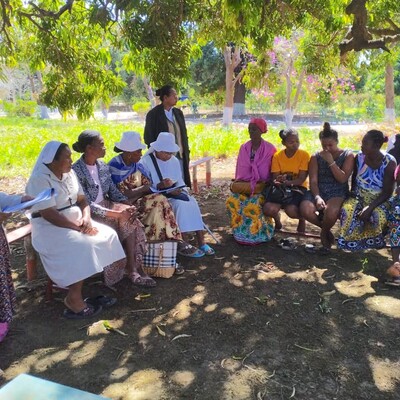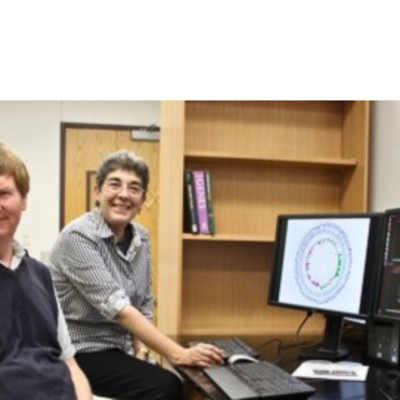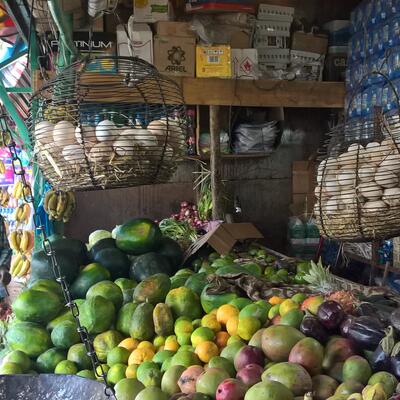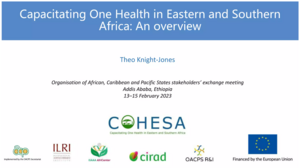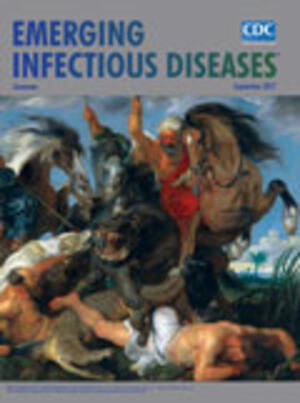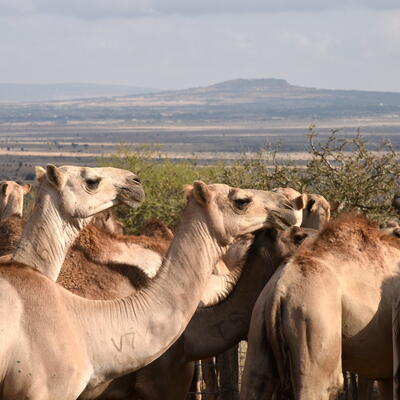
Domestic livestock not a source of the COVID-19 disease—ILRI veterinary epidemiologist Eric Fevre
A cattle keeper in Laos gives her cow salt (photo credit: ILRI Stevie Mann).
‘People who keep animals, such as cows, as a food source are concerned about the novel coronavirus spreading between humans and animals.
Studies in Germany and China find pigs, chickens, ducks not susceptible to SARS-CoV-2
India food safety authority says chicken eggs, meat safe to eat, after poultry culled in China
Expert urges people not to be concerned domestic livestock could become COVID-19 source
‘Animal disease specialists are seeking to calm fears that domestic livestock and pets can spread coronavirus, as lockdowns make protein sources scarce in some lower-income countries.
‘In many societies, chickens, cows and other animals are kept at home for eggs, milk and meat. Recent reports that cats and tigers have contracted COVID-19—the disease caused by the virus SARS-CoV-2—have sparked fears that agricultural and companion animals could be next.
‘China was already struggling with protein shortages, as African swine fever led to a cull of 40 per cent of the country’s pigs—1.2 million animals—last year, before millions of chickens were slaughtered because of feed shortages caused by coronavirus lockdown restrictions.
‘Eric Fèvre, professor of veterinary infectious diseases at the University of Liverpool and jointly appointed at the International Livestock Research Institute in Kenya, . . . says people should not be concerned about their domestic livestock becoming a COVID-19 source.
From a farming perspective, there don’t seem to be any anthropo-zoonotic cases despite the fact it came from animals originally. . . .
Fèvre says there is so far no evidence that humans can acquire COVID-19 from cats. . . .
“Washing hands in between handling animals and taking the usual precautions are broadly sufficient,” he says.’
Read the whole article by Fiona Broom, Don’t panic, experts say after COVID-19 animal killings, SciDevNet, 14 Apr 2020.







